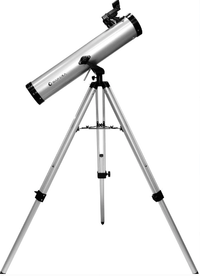When is the next lunar eclipse in 2021—and why is it called a Frosty Moon?
Keep an eye on the sky for the next lunar eclipse in 2021
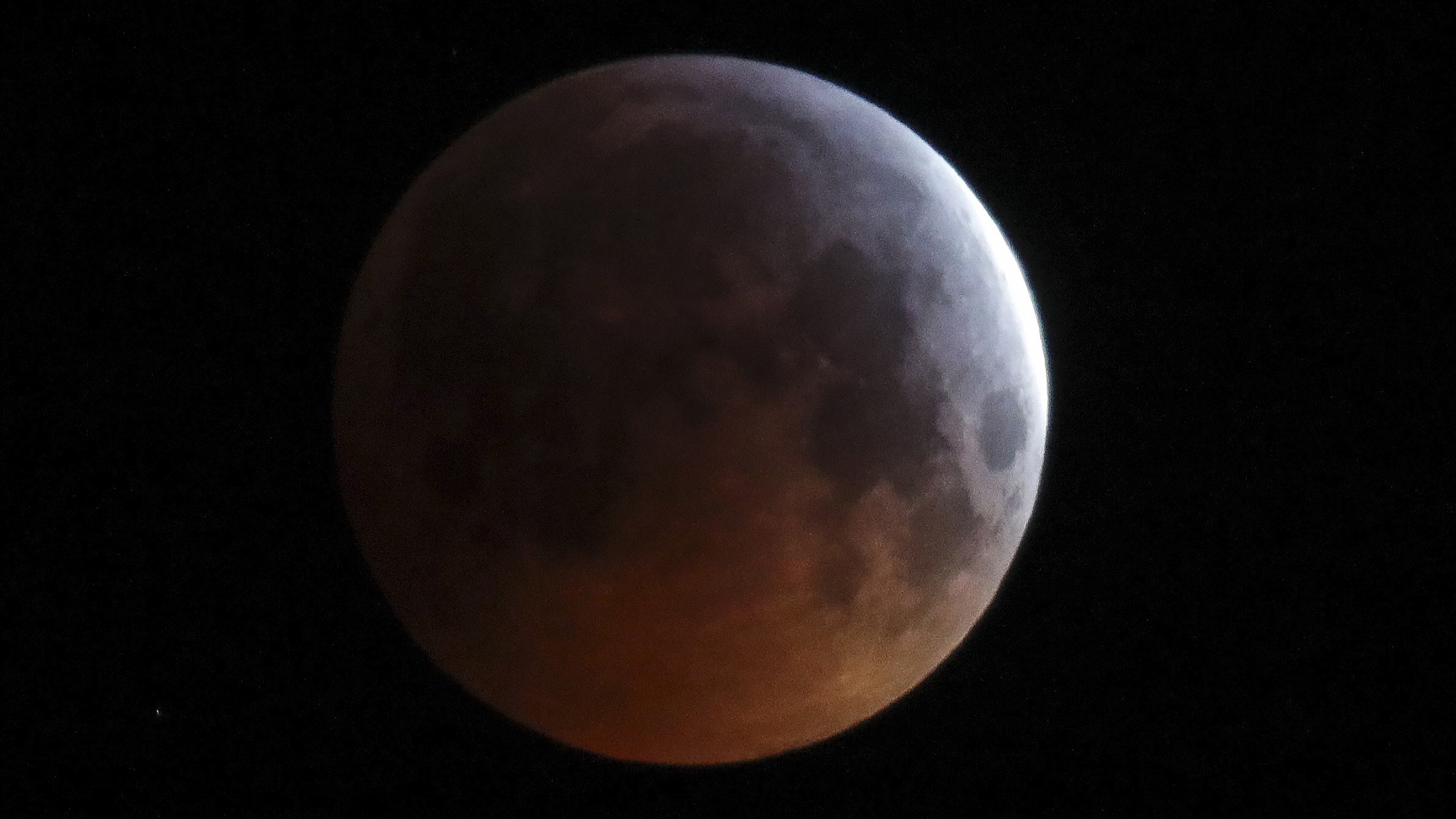

The next lunar eclipse 2021 is closer than we think, but when will it occur and why could it be called a Frosty Moon?
For those who frequently check their weekly horoscope, the idea of another lunar eclipse in 2021 couldn’t be more exciting. Lunar eclipses are often a time for people to grow and become more aware of others as they shift perspectives. For many, they signal the arrival of a time to reflect and accept that everything is cyclical, like the moon’s phases. Though lunar eclipses can often leave us feeling lethargic, for others, emotional healing is especially powerful during this time.
Sadly, the most recent so-called ‘eclipse season’ has come to an end until the autumn after the spectacular ring of fire solar eclipse in June 2021. And this year was certainly packed full of entrancing cosmic events, with May’s total lunar eclipse also being known as a Super Flower Moon. However, for any moon-enthusiasts who just can’t wait for the next eclipse event, the wait won’t be as long as you might imagine as there’s one more yet to come.
So it’s definitely worth knowing exactly when the next lunar eclipse will be in 2021 and where you can catch a glimpse of this magnificent natural event.
Will there be another lunar eclipse 2021?
Lunar eclipses occur when the moon passes into the Earth’s shadow, blocking the sun’s light from reflecting off the moon’s surface. Total lunar eclipses, often known by their more mysterious name ‘Blood Moons’, are perhaps the most dramatic form of lunar eclipse. During these, the earth’s shadow completely blocks all of the sun’s light from reflecting, making it appear dark.
However, this isn’t the only type of lunar eclipse that can be seen in our skies. Partial lunar eclipses occur when the shadow only partially blocks the sun. Whilst penumbral lunar eclipses are the least impressive and hardest to spot as the moon is only in Earth’s faint outer shadow.
Though each type of eclipse only lasts for a relatively short amount of time, star-gazers look forward to seeing them all year. And for those hoping to catch a glimpse of the next lunar eclipse 2021, they won’t be disappointed! A partial lunar eclipse is due to take place on November 19 and is set to be so nearly a total lunar eclipse. As reported by Forbes, this important date also marks the beginning of 2021’s second eclipse season.
Sign up for the woman&home newsletter
Sign up to our free daily email for the latest royal and entertainment news, interesting opinion, expert advice on styling and beauty trends, and no-nonsense guides to the health and wellness questions you want answered.
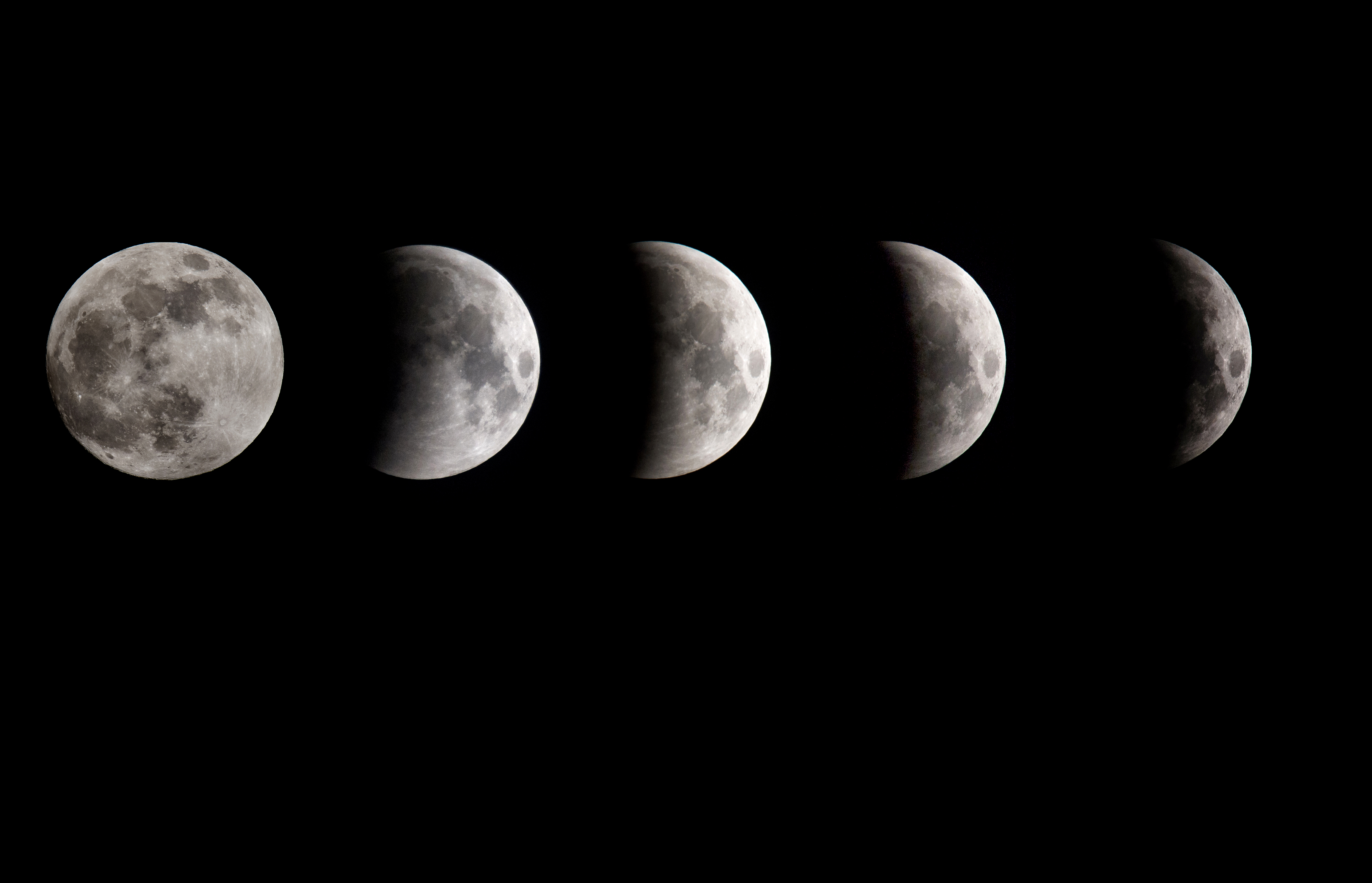
According to the Old Farmer’s Almanac, this lunar eclipse in 2021 will be visible from North America and Hawaii. At this time, the moon will reportedly begin its eclipse phase, entering the penumbra at 1:00 AM EST on November 19 and the lunar eclipse will end when it leaves the penumbra at 7:06 AM EST.
The penumbra is when the Earth blocks some of the Sun’s light from directly reaching the moon, covering all or part of the moon in the outer part of its shadow.
Barska 525 Power 70076 Starwatcher Reflector Telescope, $99 | Walmart
Get a better view of the total lunar eclipse and the whole galaxy with a beginner's telescope, this Barska telescope comes with astronomy software and a red dot finderscope that's super easy to use.
Why will the next lunar eclipse be called a Frosty Moon?
Lunar eclipses often have a variety of intriguing names attributed to them, with Blood Moon being the perfect ominous-sounding example. Earlier this year, the May 2021 total lunar eclipse was also known as a Super Flower Blood Moon. This is because the full moon in May is often called the Flower Moon, understood to be a reference to the time of year and the fact many flowers bloom this month. Whilst May 2021's full moon is also a Super Moon, which is when the full or new moon coincides with when it is closest to the Earth in its orbit.
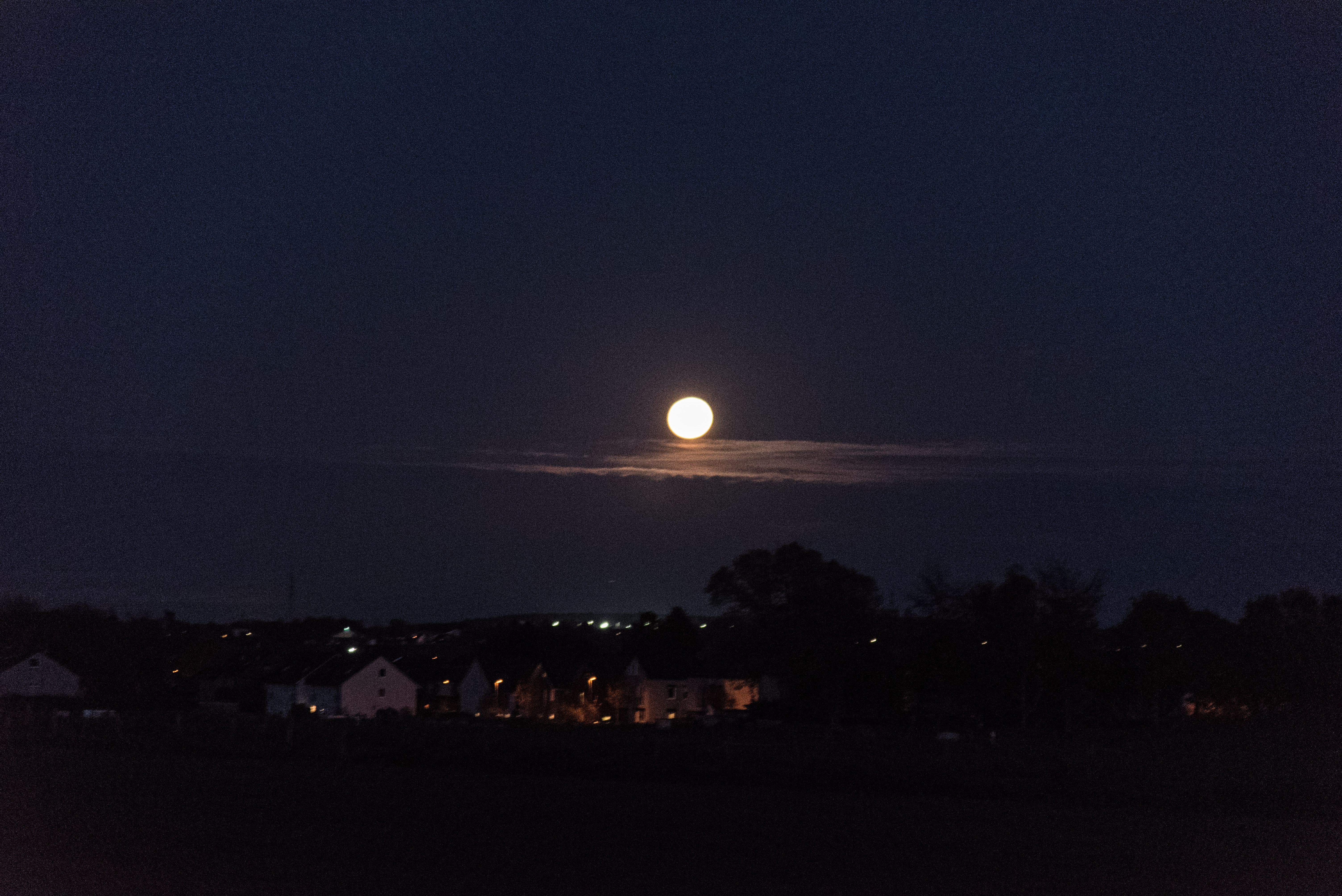
And the seasonal names continue when it comes to November 2021's partial lunar eclipse, which will also be called a Frosty Moon. This naming convention for November's full moon is understood to also be connected to the time of year it occurs and it's also often known as a beaver moon, mourning moon and even an oak moon.
Will there be another Blood Moon in 2021?
The true meaning behind the Blood Moon revolves around the huge cosmic forces at work, as it's said that total lunar eclipses symbolize endings, beginnings and clean slates. The Blood Moon in May 2021 was a huge event for astronomers, marking the first time a total lunar eclipse occurred since January 21, 2019. Unfortunately, this was the last Blood Moon of this year as only the partial lunar eclipse in November will take place before the end of 2021 and not another total lunar eclipse.
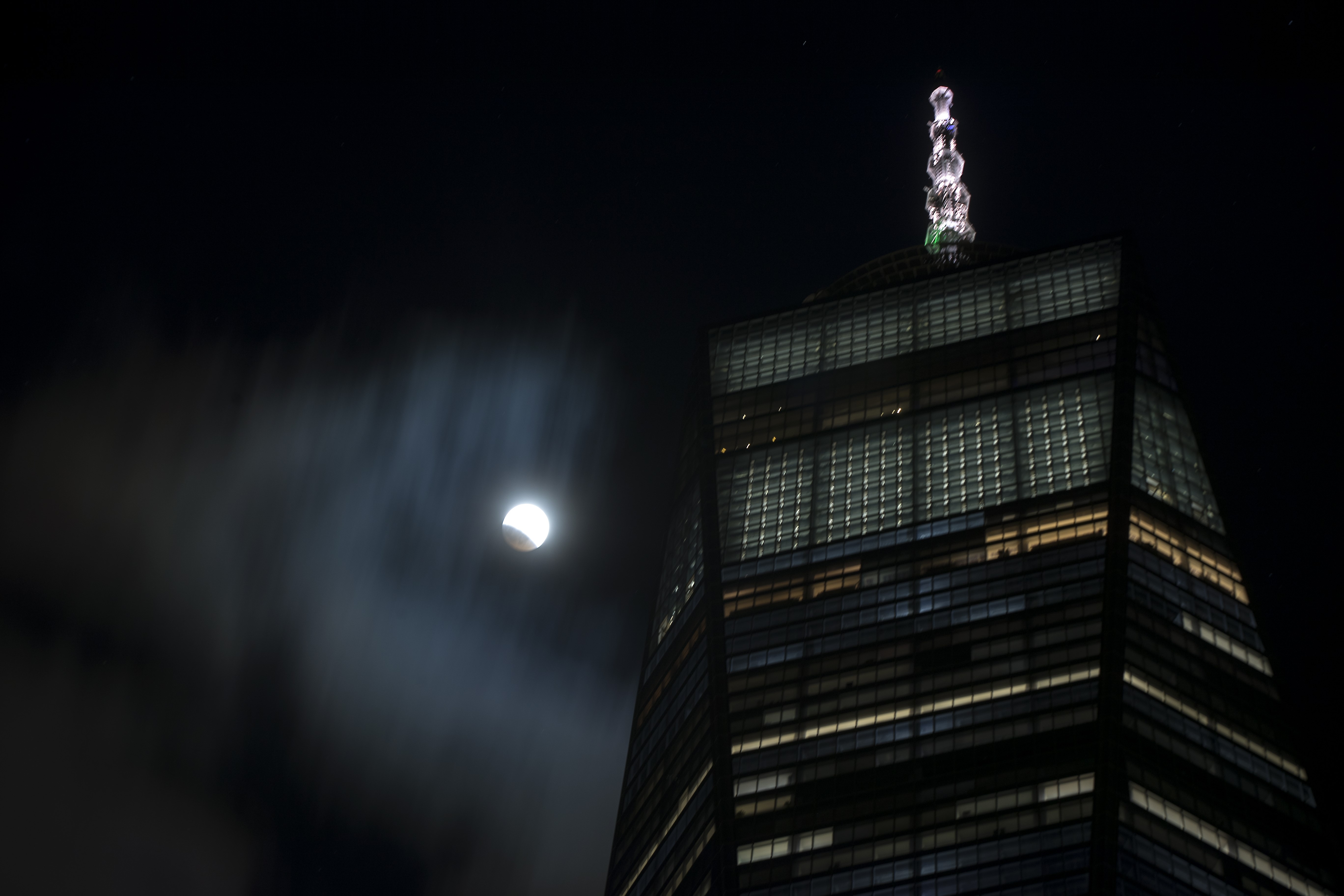
When is the next Blood Moon?
Whilst there will be no new Blood Moon in 2021, two Blood Moons are set to appear in 2022. The Old Farmer’s Almanac reports that the first will occur on May 15, suggesting this will be visible from North America, aside from north-western regions. This total lunar eclipse will then be followed by another on November 8, 2022, which will be visible from North America, though observers in eastern regions will see the moon setting during the eclipse.
But whilst star-gazers might have to wait until next year for another total lunar eclipse, it's well worth adding November's Frosty Moon to your calendar to see the last lunar eclipse event of the year!
Emma is a Royal Editor with eight years experience working in publishing. She specialises in the British Royal Family, ranging from protocol to outfits. Alongside putting her royal knowledge to good use, Emma knows all there is to know about the latest TV shows on the BBC, ITV and more. When she’s not writing about the latest royal outing or unmissable show to add to your to-watch list, Emma enjoys cooking, long walks and watching yet more crime dramas!
-
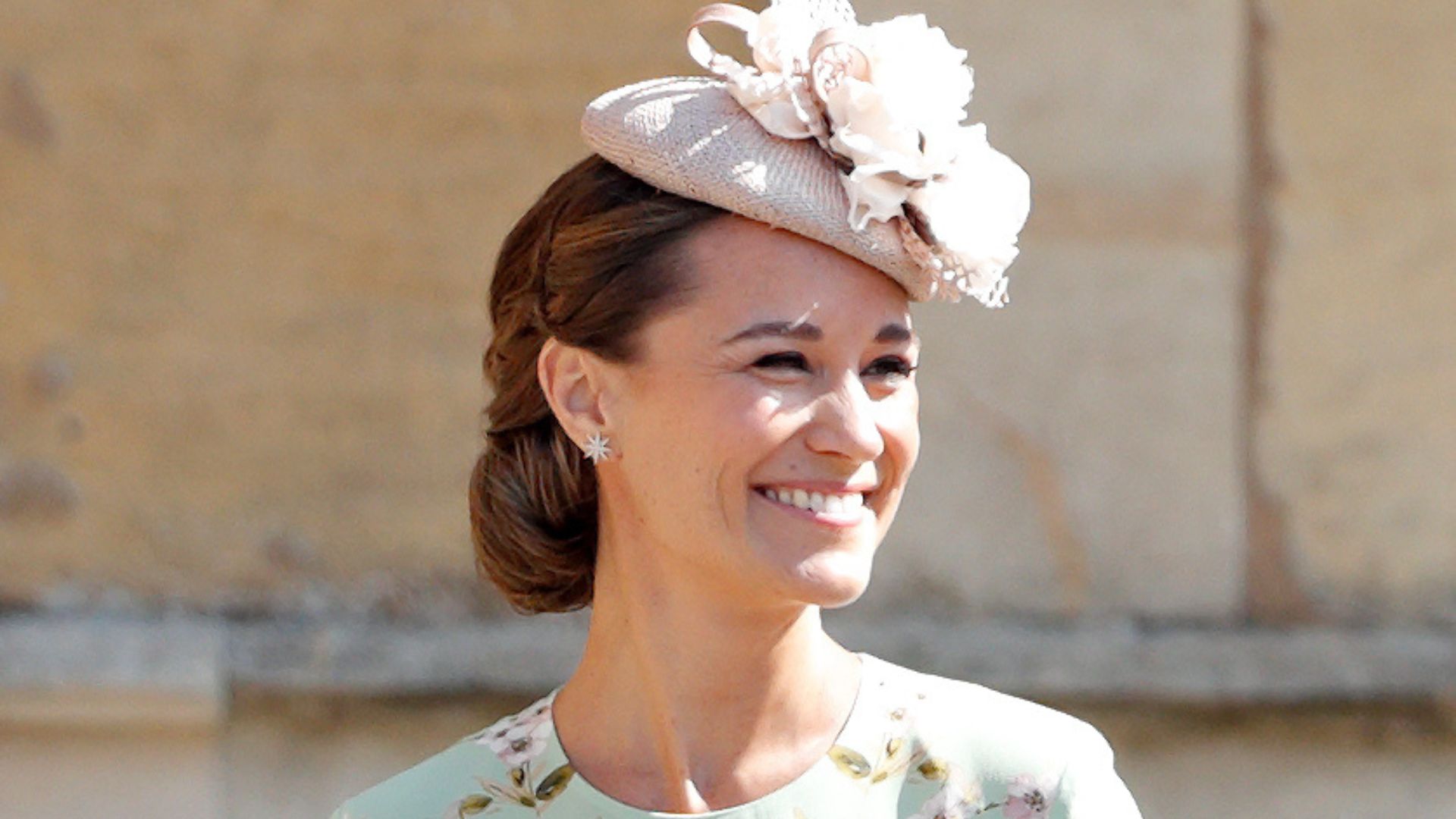 Pippa Middleton's mint floral dress is the style I always come back to when looking for wedding guest outfits
Pippa Middleton's mint floral dress is the style I always come back to when looking for wedding guest outfitsNeed inspiration? Pippa is the ultimate pro when it comes to weddings
-
 What did Nick throw into the fire in The Handmaid's Tale? His actions during season 6 episode 2 explained
What did Nick throw into the fire in The Handmaid's Tale? His actions during season 6 episode 2 explainedAfter a meeting with Mark Tuello, Nick cryptically threw something into a fire - but what was it, and why did he do it?
